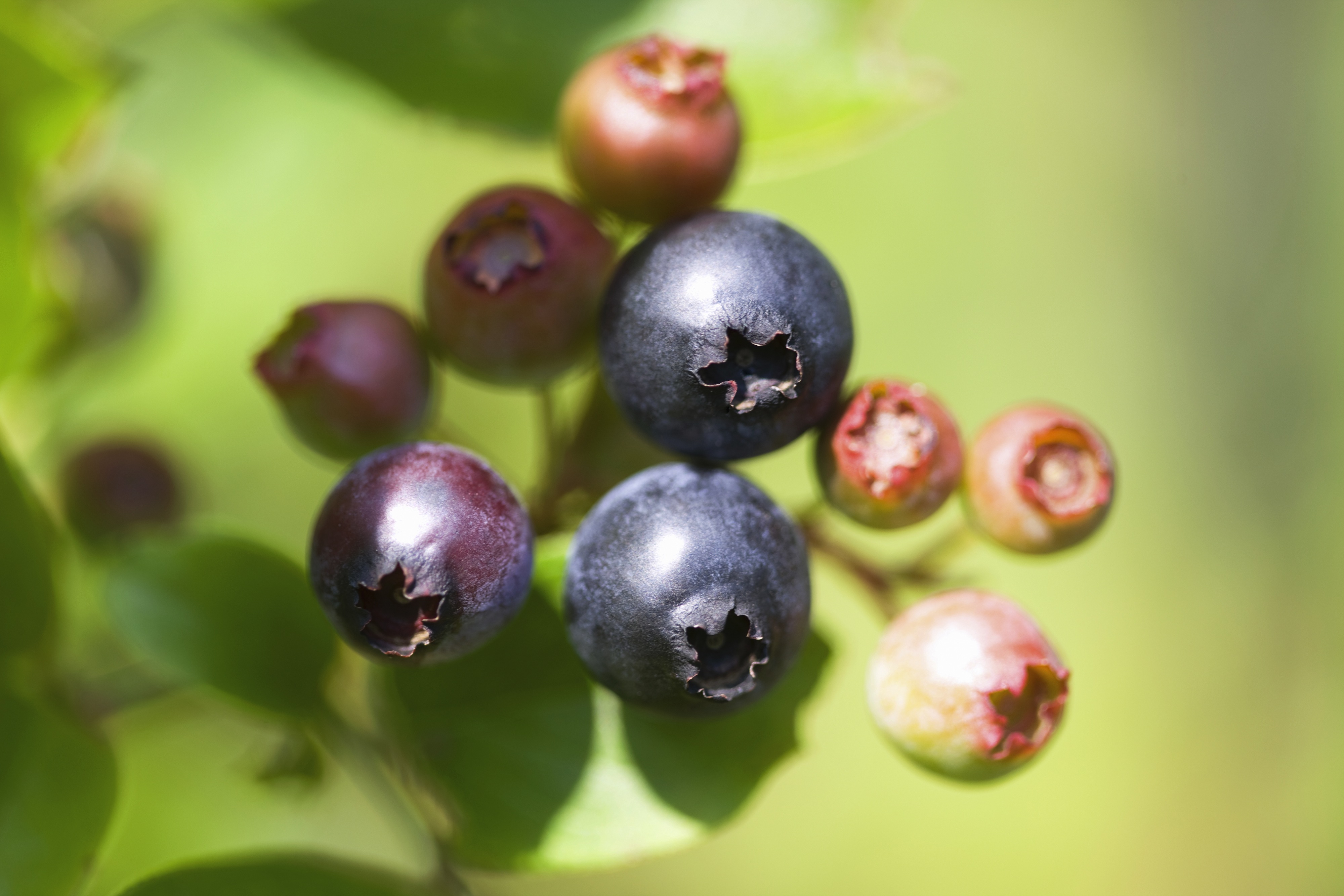Canada: Blueberry growers gain access to Crown land
New Brunswick is poised to become the world’s largest producer of wild blueberries, with nearly 1,600 hectares of Crown land being set aside in the north for production and development, the provincial government announced on Wednesday.
The government has allocated land in Gloucester and Northumberland counties, which will be leased to 37 successful applicants for commercial cultivation, Agriculture, Aquaculture and Fisheries Minister Rick Doucet said in a statement.
“Wild blueberry production has enormous potential for fuelling economic growth in our province, particularly when you consider that the value of production at the farm gate has more than tripled over the last decade,” said Doucet.
Will take up to 8 years to develop
New Brunswick’s blueberry production currently accounts for only 25 per cent of Canada’s overall production of the fruit, with an estimated economic impact of more than $39 million.
It will take between six and eight years to fully develop the Crown land, which was released following consultations with First Nations communities, department spokeswoman Vicky Deschênes told CBC News.
“When fully developed it should contribute conservatively [eight] million more [pounds] annually,” she said in an email.
About 78 million pounds were harvested last year — a record production, the government said.
More land this fall
Applications to lease additional Crown land in northeastern New Brunswick will be accepted this fall.
The department is still determining the amount of land to be offered, said Deschênes. “We have no estimates on number of leases as the size of lots to be offered are still to be determined,” she said.
Deschênes declined to divulge the names of the 37 growers already awarded leases, citing the Privacy Act.
“These 37 individuals are business people, so they own their own business, so it would be considered proprietary information,” she said.
But Deschênes did confirm all 37 are based in New Brunswick and received between about 24 and 57 acres each.
The growers applied through a request for proposal process last fall, and had to meet several criteria to prove their ability to develop and operate their projects in a sustainable manner.
Price has been a problem
Last year, many growers said they were having a difficult time breaking even. Russell Weir, owner of McKay’s Blueberries in Pennfield, said pricing was a problem.
He was getting 50 cents a pound — the same amount he received when he bought his blueberry farm in 1988, he said. Meanwhile, his operating costs had increased.
The price growers receive is set by the processing companies that buy the majority of yields to make jam and other food products, such as pies and muffins.
Growers in Nova Scotia were getting similar prices, but those in Quebec and Maine were getting more.
In 2013, the New Brunswick government came under fire for agreeing to exchange with Nova Scotia-based Oxford Frozen Foods Ltd., 6,285 hectares of Crown land for an equal amount of private land to allow construction of a new processing facility on the Acadian Peninsula.
Invest NB also provided a $37.5 million interest-bearing repayable loan toward construction of the $184-million plant.
More than 300 farm families are currently involved in New Brunswick’s wild blueberry industry. Blueberry production provides about 360 full-time jobs and about $11 million in labour income, according to government.
The lease applications submitted by growers last fall were reviewed by a committee of representatives from the Department of Agriculture, Aquaculture and Fisheries, the Department of Natural Resources and Opportunities NB.
The approval process was developed with input from industry representatives, the statement said.







